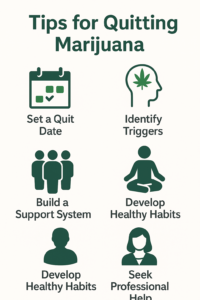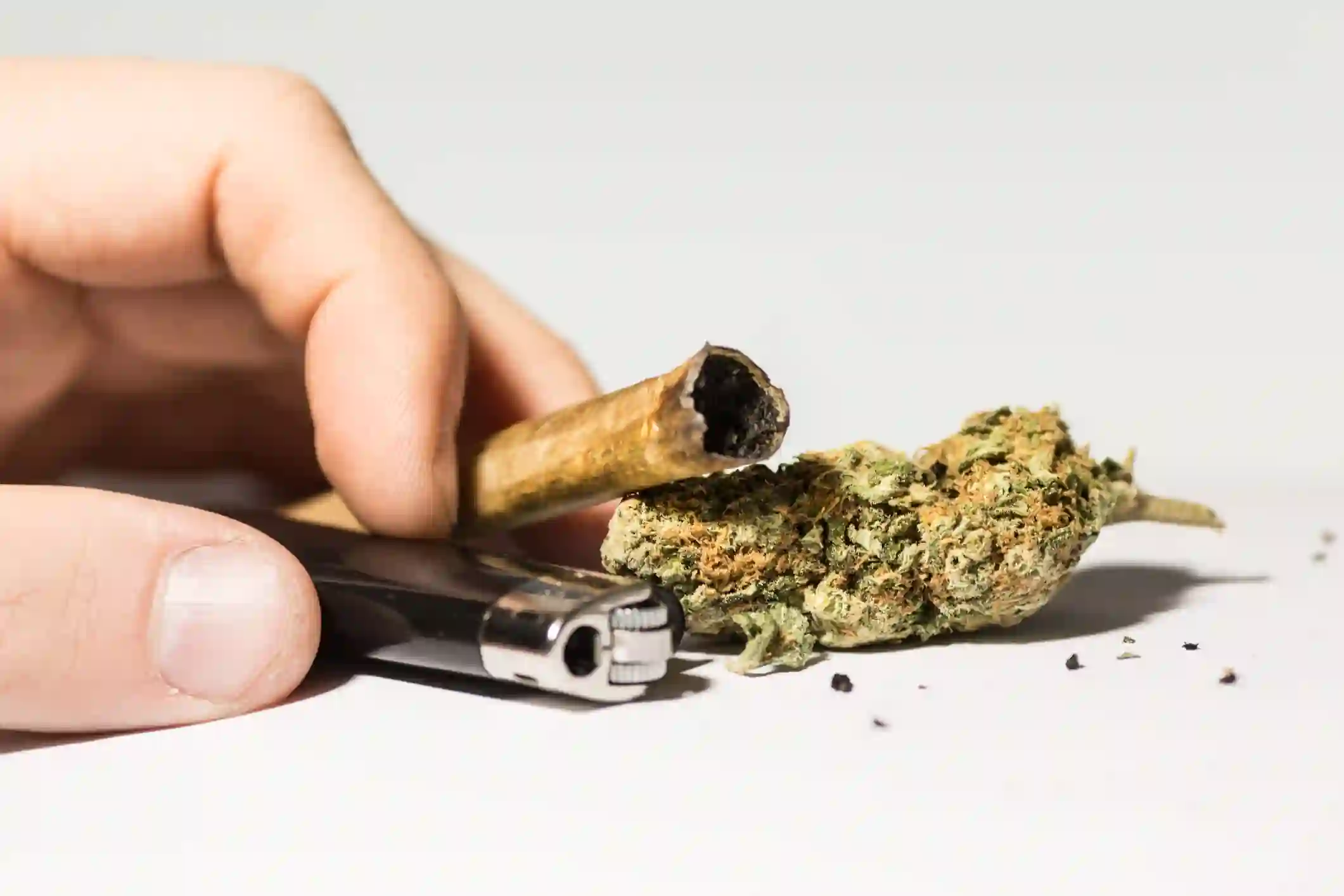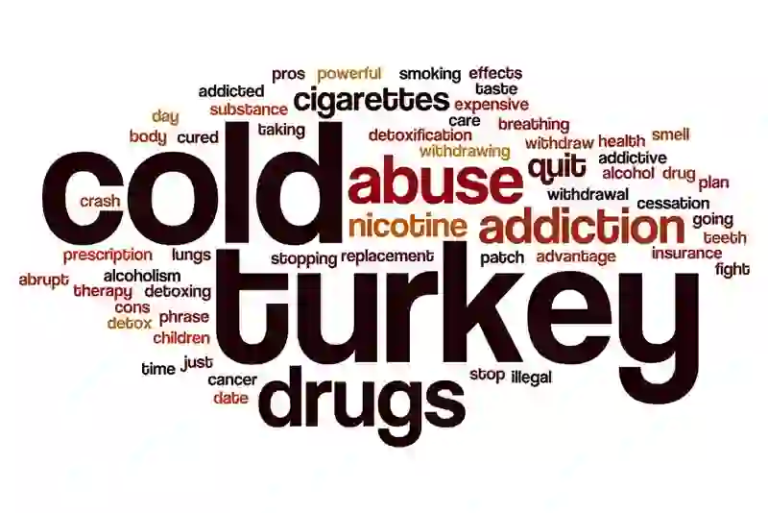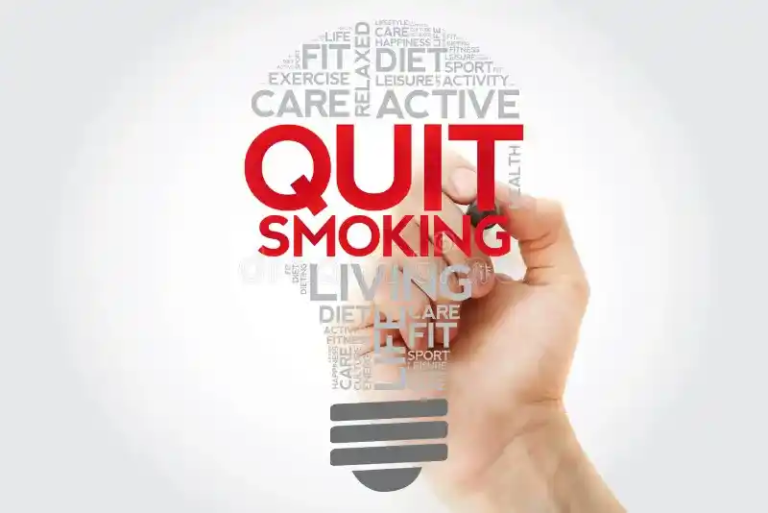Understanding the Need to Quit

Quitting marijuana, also known as cannabis or weed, can be one of the most rewarding decisions you make for your mental and physical health. Whether you're quitting smoking marijuana for personal, professional, or health reasons, this guide will walk you through everything you need to know about how to stop smoking weed, understand marijuana addiction, manage withdrawal symptoms, and regain control of your life.
Millions of people around the world use marijuana regularly, but many also experience what is known as marijuana use disorder. If you’ve tried to quit using weed and found it difficult, you’re not alone. Cannabis use disorder is real, and just like any other substance use disorder, it can be overcome with the right information, support, and strategy.
The Effects of Marijuana and Weed Use
Marijuana, also called weed, affects both the body and the mind. The primary psychoactive chemical in marijuana is THC, which alters brain function. Prolonged weed use can impact memory, decision-making, and emotional regulation. Over time, the body and brain become dependent on marijuana, leading to marijuana dependence.
Effects of Marijuana on Mental Health
- Anxiety and depression
- Paranoia and mood swings
- Impaired short-term memory
Effects of Marijuana on Physical Health
- Respiratory issues from smoking cannabis
- Decreased motivation and energy
- Weakened immune system
You can read more about how marijuana affects the brain and body on the National Institute on Drug Abuse Blog.
Why People Want to Quit Smoking Wee

There are several reasons people decide to quit smoking weed:
- Health concerns
- Financial savings
- Better productivity
- Improving relationships
- Avoiding legal trouble
Regardless of the reason, quitting weed can significantly enhance your quality of life.
Signs You May Be Dependent on Marijuana
- You use marijuana daily or frequently
- You feel anxious or irritable when you don’t smoke
- You’ve tried to quit but can’t
- You need more weed to feel the same effect
- You choose smoking over other important activities
These signs indicate a possible marijuana addiction or marijuana use disorder.
Marijuana Withdrawal: What to Expect
When you decide to stop using marijuana, you may experience marijuana withdrawal symptoms. These vary in intensity depending on how long and how much marijuana you've used.
Symptoms of Marijuana Withdrawal
Physical symptoms:
- Headaches
- Fatigue
- Sweating
- Appetite loss
Psychological symptoms:
- Irritability
- Mood swings
- Anxiety
- Depression
These symptoms are part of what’s called the cannabis withdrawal syndrome.
Marijuana Withdrawal Timeline
Understanding the marijuana withdrawal timeline can help you prepare:
Day 1–2:
- Cravings for marijuana
- Trouble sleeping
Day 3–7:
- Peak withdrawal symptoms like anxiety and irritability
- Flu-like symptoms
Week 2–3:
- Symptoms begin to ease
- Emotional regulation starts returning
Week 4 and beyond:
- Most physical symptoms resolve
- Psychological symptoms may linger but improve
Cold Turkey vs Gradual Reduction
One method many try is quitting weed cold turkey, which means stopping all use at once. While this can be effective for some, cold turkey may also increase the intensity of withdrawal.
Benefits of Quitting Cold Turkey
- Quick detoxification
- Clear break from habits
Challenges of Quitting Cold Turkey
- Intense withdrawal symptoms
- Greater relapse risk if unprepared
An alternative is gradual reduction, which involves decreasing marijuana use slowly over time. This method can reduce the severity of withdrawal symptoms.
Tips for Quitting Marijuana

Here are some practical tips for quitting:
1. Set a Quit Date
Choose a date and prepare in advance by removing all marijuana and smoking tools.
2. Identify Triggers
Avoid people, places, and situations that tempt you to smoke weed.
3. Build a Support System
Talk to friends and family or join a Marijuana Anonymous group.
4. Develop Healthy Habits
Exercise, meditate, or pursue new hobbies.
5. Seek Professional Help
Consider addiction treatment for personalized guidance.
Help for Marijuana Addiction
If you find it difficult to quit on your own, there are several marijuana addiction treatment options:
- Behavioral therapy
- Cognitive-behavioral therapy (CBT)
- Motivational enhancement therapy
- Support groups
These treatments can help address the root causes of substance use and offer strategies for lasting recovery.
Benefits of Quitting Marijuana
The benefits of quitting weed are wide-ranging and include:
Physical Benefits
- Better lung function
- More energy
- Improved sleep
Psychological Benefits
- Reduced anxiety and depression
- Enhanced memory and focus
Lifestyle Benefits
- Improved relationships
- Financial savings
- More time for personal growth
Symptoms of Marijuana Withdrawal You May Experience
When you quit marijuana, you may experience:
- Cravings
- Insomnia
- Mood swings
- Loss of appetite
These are symptoms of marijuana withdrawal and are temporary.
Cannabis Withdrawal: Coping Strategies
1. Stay Hydrated
Drink plenty of water to flush toxins.
2. Eat Nutritious Food
Proper nutrition can ease cannabis withdrawal symptoms.
3. Stay Active
Exercise releases endorphins that can boost mood.
4. Sleep Hygiene
Establish a regular sleep schedule and avoid caffeine late in the day.
Trying to Quit Weed? You're Not Alone
If you're trying to quit, know that many people have succeeded before you. It's okay to seek help. You're not weak you're strong for making the attempt.
Attempt to Quit: What You Need to Know
Every attempt to quit brings you closer to success. Even if you relapse, it doesn’t mean failure. Learn from each experience and keep moving forward.
How Our System Can Help You Quit Smoking Weed
At Extreme Anti Smoking System, we specialize in helping people quit marijuana and other substances. Our system offers:
- Easy-to-follow guides
- Personalized support
- Proven methods
We understand that quitting is not easy, but with our help, it is possible. We break down the process in a simple and supportive way.
Support with Quit Smoking Aids
You can also check out our article on quit smoking aids for additional tools that may help
Final Thoughts on Quitting Weed
Quitting weed is a life-changing decision. Whether you quit cold turkey or gradually taper off, understanding the symptoms of withdrawal, creating a plan, and seeking support can significantly increase your chances of success.
Don’t let fear of marijuana withdrawal or cannabis withdrawal hold you back. Remember, you’re choosing a healthier, more fulfilling life.
Start Today
Make the decision to quit smoking weed today. Your future self will thank you.






